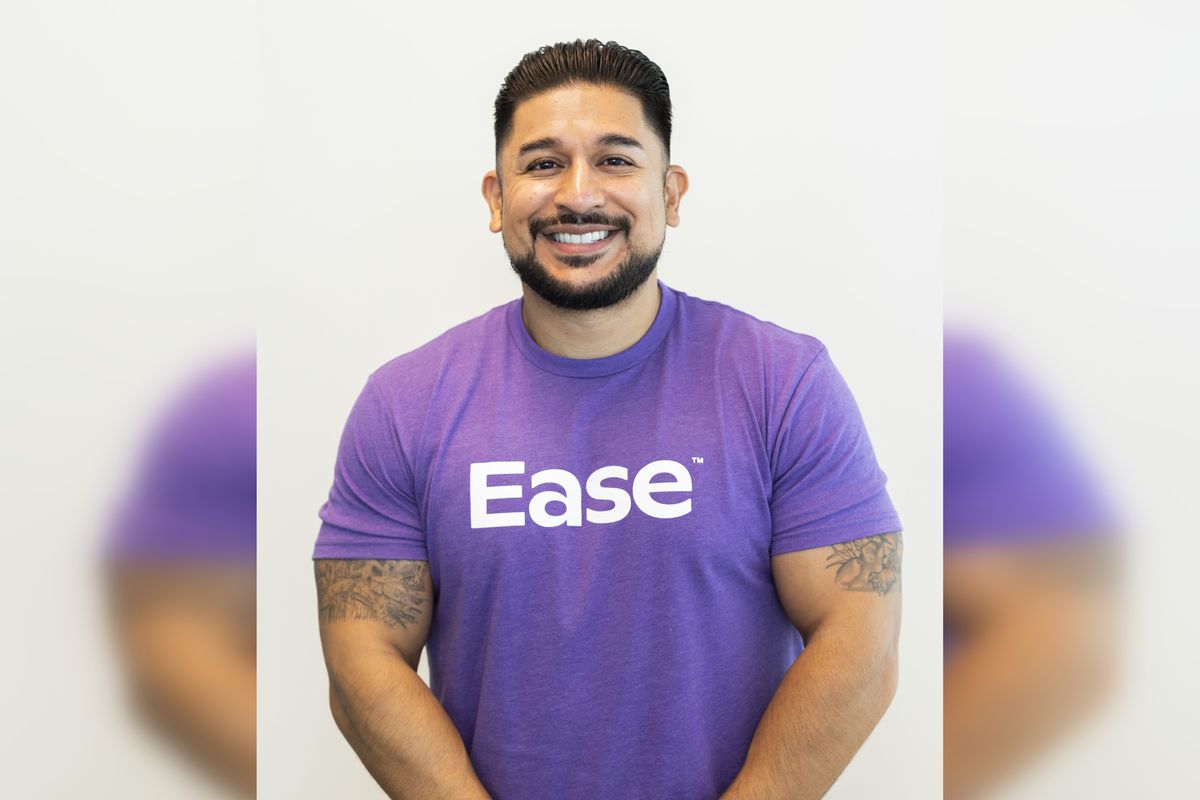Cancer-fighting startup partners with Houston cell therapy accelerator
marching on
When it came time to name their cell therapy startup, Houston life science innovators simply had to look to their calendar.
“I would argue that March is the best month in Houston,” Sarah Hein tells InnovationMap. “We started talking about putting this company together during COVID, so we were outside a lot. And we actually got together in March.”
That’s why the CEO and her co-founders Max Mamonkin and Malcolm Brenner decided to name their company March Biosciences.
It's a fresh, unstuffy name for a startup that has an innovative take on cancer immunotherapy. Their lead asset is an advanced cellular therapy known as MB-105, an autologous CD5 CAR T cell therapy. For patients with T-cell lymphoma and leukemia who have failed all currently available lines of therapy, the prognosis is understandably extremely poor. But in a phase one study, MB-105 has been proven to safely treat those patients. The phase two study is expected to begin in the first half of 2024.
Hein met Mamonkin at the TMC Accelerator for Cancer Therapeutics (ACT), at which the alumna of Resonant Therapeutics and Courier Therapeutics was an entrepreneur in residence.
“It's a perfect example of the opportunities here in Houston where you can go from bench to bedside, essentially, in the same institution. And Baylor has been particularly good at that because of the Center for Cell and Gene Therapy,” says Hein.
The serial entrepreneur first came to Houston as a PhD student in molecular and cellular biology at Baylor College of Medicine, but during her studies she became excited by the startup ecosystem in her new hometown. After earning her degree, she became a venture fellow at the Mercury Fund. Her experience in both science and business made her an ideal candidate to take March Biosciences to the next level.
In September, the company announced that it formed a strategic alliance with CTMC (Cell Therapy Manufacturing Center), a joint venture between MD Anderson Cancer Center and National Resilience.
“Our unique risk-sharing model allows us to collaborate with organizations like March Biosciences to accelerate the development and manufacture of innovative cell therapies, like MB-105, and bring them into the clinic with a consistent and scalable manufacturing process,” said CTMC’s CEO, Jason Bock in a press release.
The partnership “has allowed us to move really quickly,” Hein says.
That’s because what CTMC does uniquely well is take early stage companies like March Biosciences and advance them to a state that’s ready for manufacturing in a short time, around 18 months, says Hein.
According to Hein, March Biosciences’ success is a testament to Houston and its world-class medical center.
“It’s a great example of the opportunities you see here in Houston, where we have a technology that was developed by brilliant scientists here in Houston and we can pull together the resources that we need to take it to the next level,” Hein says. "Working with partners here in Houston, we have all the pieces and the community rises to the occasion to support you.”
- Houston program buoys promising cancer research with live-saving innovation ›
- Houston startups named most promising in the life science space at annual event ›
- Houston innovator aims to scale cancer-curing cell therapies ›
- With fresh funding, Houston cancer-fighting cell therapy gears up for continued clinical trials - InnovationMap ›



